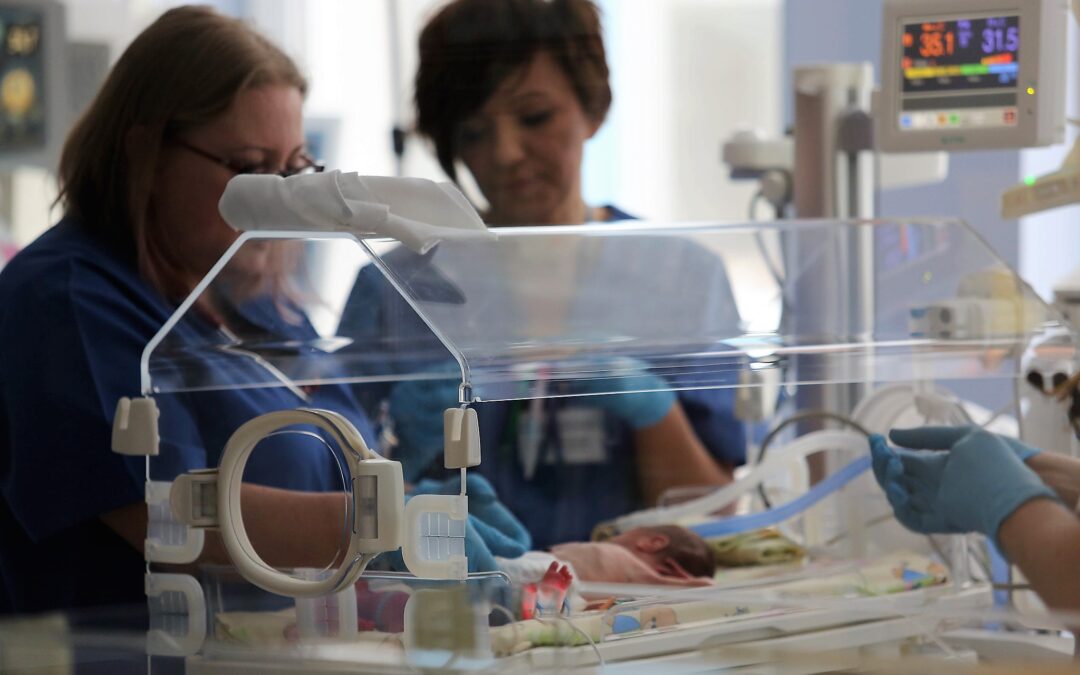Poland’s health minister has announced that an agreement has been reached to boost spending on healthcare as well as salaries for medical staff.
Yet while the deal was reached with some unions, it has been rejected by the main group of medics protesting, who responded by saying that healthcare requires “comprehensive, multilayer reform” rather than just another spending increase. Their protest is, therefore, “not over”, they said.
According to the agreement, which was jointly prepared by the health minister and a special committee comprising some medical trade unions and representatives of employees’ association Lewiatan, spending on health will increase by 6.5 billion zloty (€1.4 billion).
“That’s a huge amount of money,” said the health minister Adam Niedzielski, quoted by Polsat News.
Doctors will receive pay increases of 1,800 zł (€391) per month as of next July, raising the minimum salary from 6,700 (€1,459) to 8,000 zloty (€1,740), pledged Niedzielski.
Additionally, nurses with secondary education or a bachelor‘s degree will be moved to a salary group with pay at the level of employees with master‘s degrees, meaning that their pay will increase by 1,500 zloty from 3,700 (€850) to 5,300 zloty (€1,153). Physiotherapists, diagnosticians and psychologists will earn 5,600 zloty (€1,218).
However, the main group of protesting medics – who have created a so-called “white town” (białe miasteczko) in front of the prime minister’s office – did not participate in the meeting. They said they rejected the final agreement, reports RMF24.
“Once again, the minister signs an agreement concerning pay, while the healthcare system in Poland requires a comprehensive, multilayer reform,” stated Gilbert Kolbe, the spokesman of the protest. He added that their “protest is not over.”
On 4 November, they presented their demands to the prime minister, reports Rynek Zdrowia. Previously they met six times with representatives of the health ministry but failed to reach an agreement over salaries and working conditions.
This year, Poland has seen protests by various medical professions: nurses, midwives, paramedics, operators of emergency numbers, and doctors. The country has one of the lowest levels of funding for healthcare in the EU and the fewest doctors in relation to population.
An already understaffed and overburdened healthcare system has been further strained by the coronavirus pandemic, with Poland last year recording the EU’s highest excess death rate.
To bolster the system, in September Poland’s government announced an additional 7 billion zloty (€1.6 billion) in funding over the coming years. The additional money is meant to be used to modernise equipment, raise salaries, and encourage more students to specialise in priority areas.
Main photo credit: EpiskopatNews/Flickr (under CC BY-NC-ND 2.0)

Natalia Parzygnat is a contributing editorial assistant at Notes from Poland and a graduate in Multiplatform Mobile Journalism from Birmingham City University. She has previously written articles for Birmingham Eastside and featured in HuffPost UK. Natalia is a recent BJTC Award Runner Up in Social Short Video category.




















